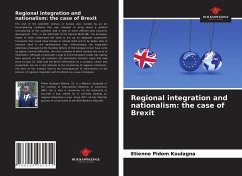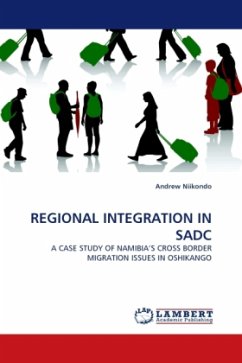The end of the twentieth century in Europe was marked by an all-encompassing solidarity that was intended to bring about a political restructuring of the continent with a view to more efficient joint economic development. Thus, in the aftermath of the Second World War, the European heads of state understood the need to set up an adequate cooperation framework that would allow Europe to rebuild itself and to be better able to relaunch itself in the development race. Unfortunately, the integration objectives envisaged by the founding fathers of the European Union have come up against several difficulties, the most complex of which remains the issue of nationalism. Although a nationalist surge of some European states has always been present on the old continent, the particularly dramatic event that took place on June 23, 2016 with the Brexit referendum as a corollary, shows that movements can be a real obstacle to the functioning of regional institutions. The aims of this analysis lead to the consequences of nationalisms on the process of regional integration with the Brexit as a case of analysis.
Bitte wählen Sie Ihr Anliegen aus.
Rechnungen
Retourenschein anfordern
Bestellstatus
Storno








